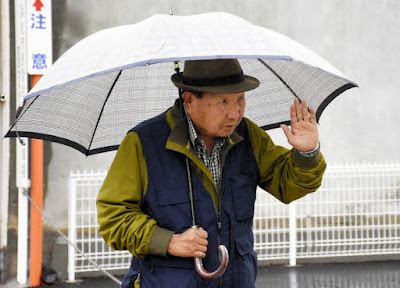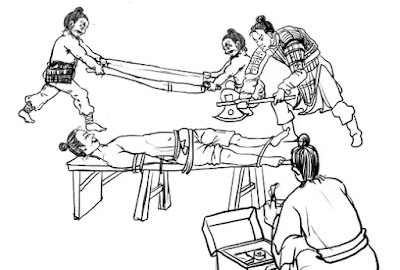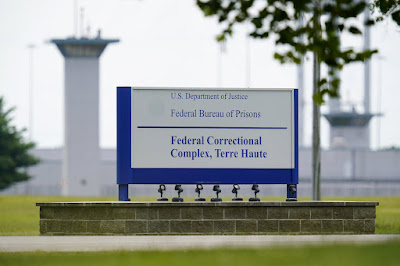In Tunisia’s collective memory, corruption is the source of all the country’s troubles, and Kais Saied's clean hands are the key to his expected victory
Where will former Tunisian President Zine el-Abidine Ben Ali be interred? Social media buzzed with the question over the weekend after the Tunisian government announced that it would permit his burial in his homeland. For a good many Tunisians this is a bad decision, one that could be interpreted as forgiveness for his crimes.
Ben Ali, who was 83 years old when he died last week in Jeddah, Saudi Arabia, where he fled in the wake of the Arab Spring protests, symbolized the greatest victory of that movement. This was not only because he was ousted. Tunisia, as opposed to Egypt, Libya and the other countries shaken by the events of 2011, was able to establish a democratic, liberal government that was a good example of the ability of people to determine their form of government, elect a president and parliament and in doing so put paid to the concept that democracy and Islamic Arab identity cannot coexist.
But Tunisia, which managed to infect other Arab countries with the aspiration for liberation from tyrannical and corrupt government, was almost alone in its success. Last week, after the results of the presidential election held following the death of the aged President Beji Caid Essebsi were revealed, it turned out – in contrast to Tunisia’s neighbors – its revolution had taken root.
Out of 26 candidates who ran in the first round, two candidates were left to vie for the presidency in the runoff, scheduled for the first week of October: Kais Saied, who won 18.4 percent of the vote, and Nabil Karoui, with 15.5 percent.
Saied’s story is the more interesting of the two. Without a campaign staff or chairman, without dozens of paid spokesmen and consultants, and foregoing government funding for the campaign, this 61-year-old law professor managed to sweep young, educated Tunisians as well as students and the poor who sought a new figure who did not belong to the traditional parties. A full 45 percent of his supporters were first-time voters – either because of their age or because they had despaired of the results in previous elections.
Opinions are divided as to the secret of Saied’s success. On the one hand, he is considered uncorrupted and modest, he drives an old car, people know him because of his frequent TV appearances as a commentator during the revolution, and as an enthusiastic supporter of regime change.
On the other hand, he holds conservative opinions, opposes the abolishment of the death penalty, supports unequal division of inheritances between men and women (a “division set in the Koran,” he says) and punishment for gay people.
Because of these positions, he is “suspected” of supporting the Muslim Brotherhood and the Ennahda movement, which he has stated firmly that he does not. To judge by his articles and analyses published in the media in Tunisia, his personal and political incorruption and the fact that he is not affiliated with any party, are the factors behind his victory in the first round.
His success was such that even the candidate of the well-oiled Islamic Ennahda party, the best organized of all the parties, was unable to field a candidate in the second round.
In Tunisia’s collective memory, corruption is the source of all the country’s troubles. Ben Ali’s tyranny of terror is closely linked to the deep corruption that characterized his rule. The stories of the control his wife, Leila Trabelsi, and her brother have over real estate, banks and construction projects, still appear from time to time in the Tunisian media.
Trabelsi, who owned a beauty salon in the Tunisian town of La Marsa before she met Ben Ali, acted like a queen. Her brother was the director of Banque de Tunisie, together with the wife of the foreign minister, and they both made sure that loans were made to people in their inner circle.
Source: haaretz.com, Zvi Bar'el, September 22, 2019
⚑ | Report an error, an omission, a typo; suggest a story or a new angle to an existing story; submit a piece, a comment; recommend a resource; contact the webmaster, contact us:
deathpenaltynews@gmail.com.
Opposed to Capital Punishment? Help us keep this blog up and running! DONATE!
"One is absolutely sickened, not by the crimes that the wicked have committed,
but by the punishments that the good have inflicted." -- Oscar Wilde











.jpg)
